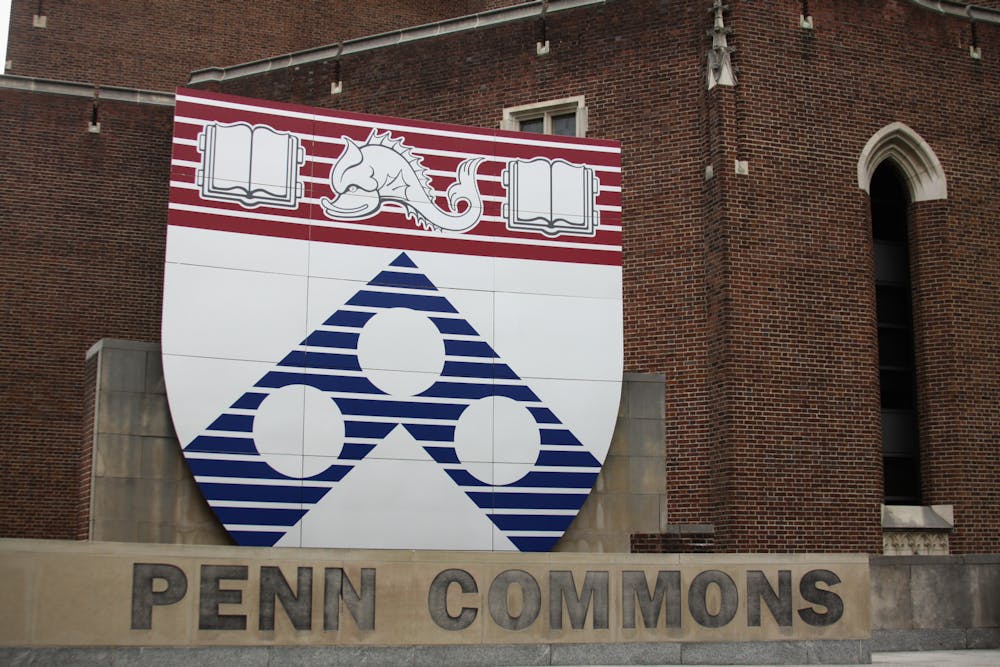
To anyone that is anxious to begin their first year at Penn, let me be one of the many voices that congratulate and welcome you to our school. Penn can be a daunting place, even for someone who has lived in Philadelphia their entire life. In fact, as incoming students from Philadelphia, I think it’s important to understand how different your new school will be from anything you’ve known before. You may think living within miles of Penn will prepare you for everything you’ll face during your first year, much like I did, but in reality, our school exists within an enclosed bubble distinct from the rest of the city that we know.
When I applied early to Penn in the fall of 2021, I did so with the overwhelming knowledge that less than a handful of people are accepted each year. Despite being a college located less than 10 minutes away from my high school, I felt it was a longshot to hope for anything other than rejection.
Although Penn is Philadelphia’s dominating employer, having influenced the economy of the city for decades, it overwhelmingly caters to wealthy families from all over the country, with 71% of the student body coming from the top 20% of wealthy families. According to Penn Admissions, 149 students — only 6% — of the class of 2026 are from Philadelphia. The figure is displayed almost like a point of pride, when all it really emphasizes is a lack of representation of the city’s surrounding areas.
Before coming to Penn, many students in Philadelphia are very familiar with the University’s efforts in community service — whether they be donations to a handful of schools or participating in academic events. This was the extent of my connection to Penn. In my experience, as both a lifelong resident of Philadelphia and a student, the criticism Penn receives for failing to foster a genuine relationship with the city it inhabits is because these interactions aren’t truly authentic.
Being the minority at a school where people without any ties to your city make decisions about what service should look like, or how to fix problems you’ve dealt with your entire life, can be exhausting — especially when these problems are dealt with in a way that looks best on a resume. People take advantage of their privileges to propel them out of our city as soon as they graduate, leaving our communities behind once they no longer serve them.
This is what you will have to endure during your time at Penn, especially when it comes to hearing other people discuss social issues impacting the city as nuisances: whether it’s homeless people and their presence on campus, or complaints about venturing beyond the tightly patrolled borders of University City and deeper into West Philadelphia. When problems plaguing the city bleed onto campus, rather than seeing them as the results of systemic failings long endured by people living minutes away, many react resentfully by viewing these real issues as hindrances on their experience instead.
Keeping this in mind, it is important to use your voice and perspective to educate others and give them reality checks every once in a while. Encourage others to actually engage with the city they are living in and to interact with others with lived experiences beyond the places confined to the Penn bubble. Although our school may not necessarily reflect the city it’s surrounded by, there is simply no Penn without Philadelphia — with all its good and bad.
When we pursue service to the community beyond the positive ramifications for our image, we make Penn a more welcoming, approachable place. Penn doesn’t have to be the untouchable, imposing school so many of us thought it to be before we were accepted. It’s up to us to bridge the gap between our school and our community by making sure our voices are heard, no matter how underrepresented they may be.
HANADI ABDULKADIR is a rising College sophomore studying international relations from Philadelphia. Her email is hanadia@sas.upenn.edu.
The Daily Pennsylvanian is an independent, student-run newspaper. Please consider making a donation to support the coverage that shapes the University. Your generosity ensures a future of strong journalism at Penn.
Donate




